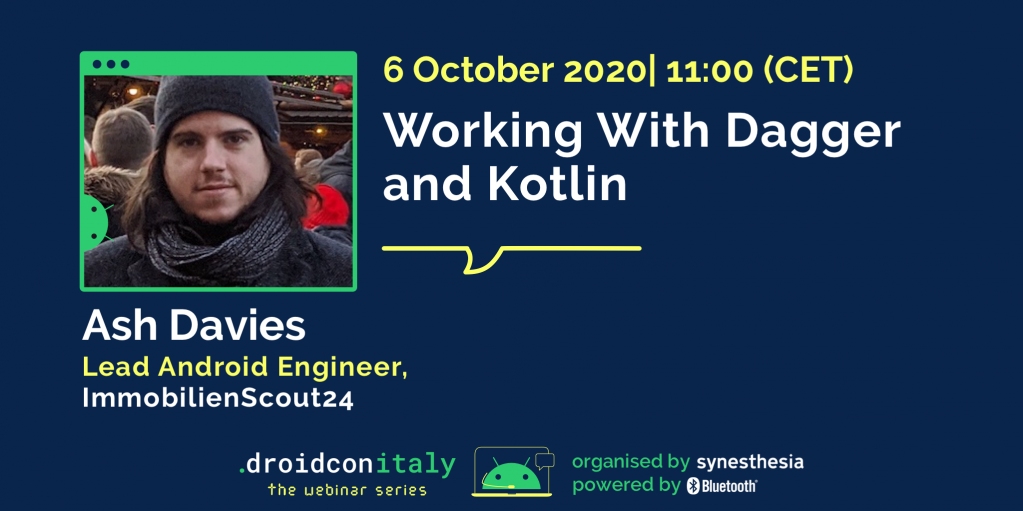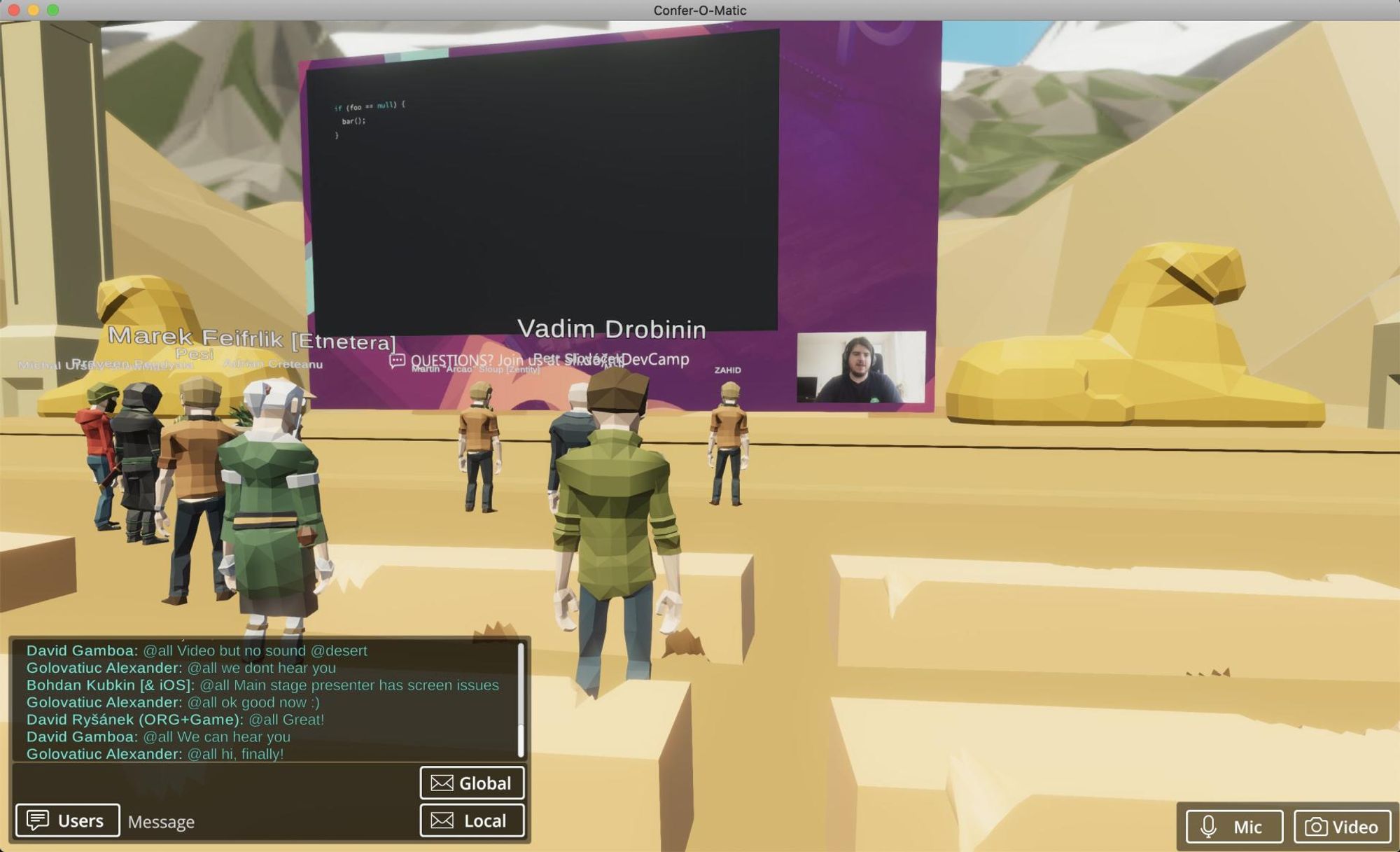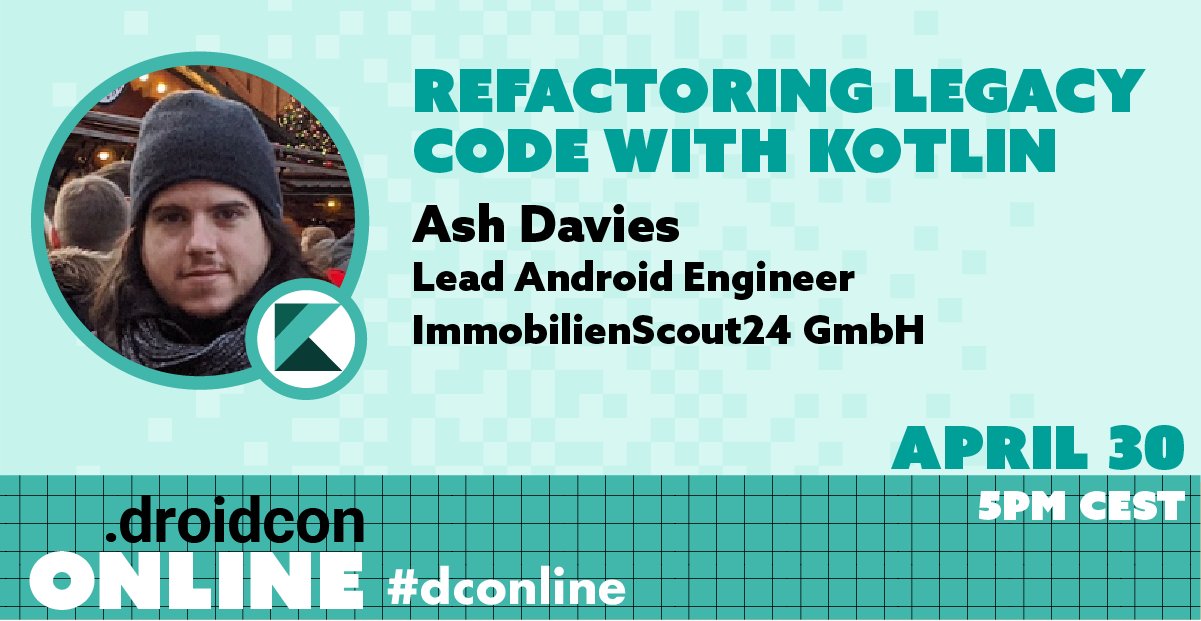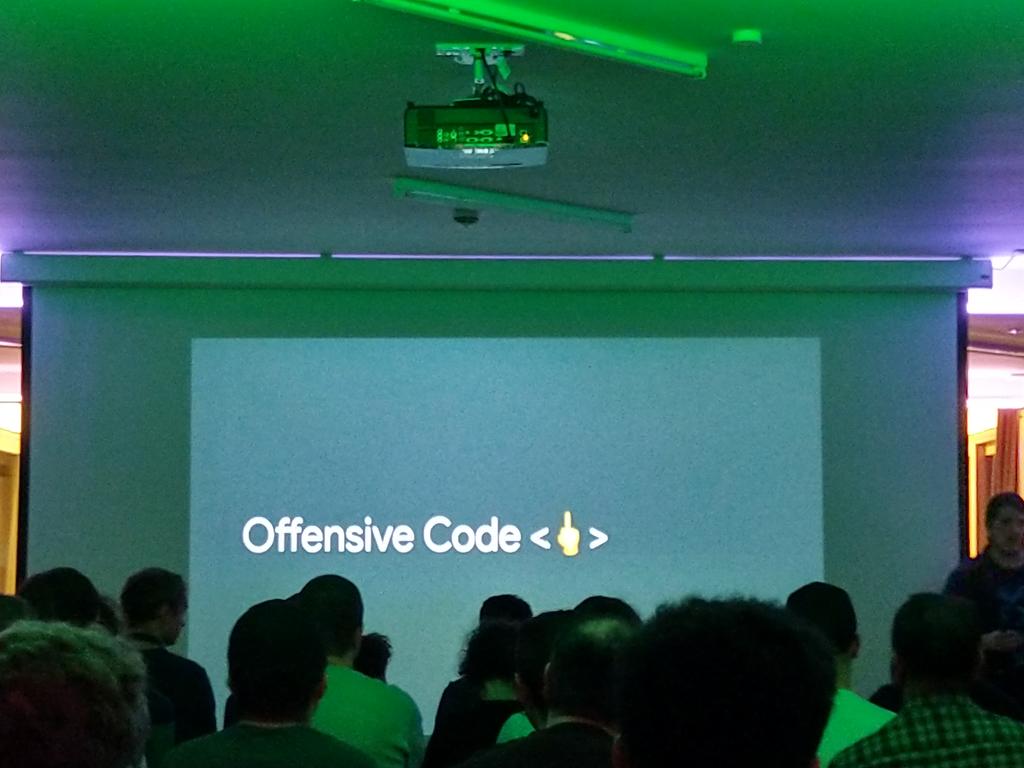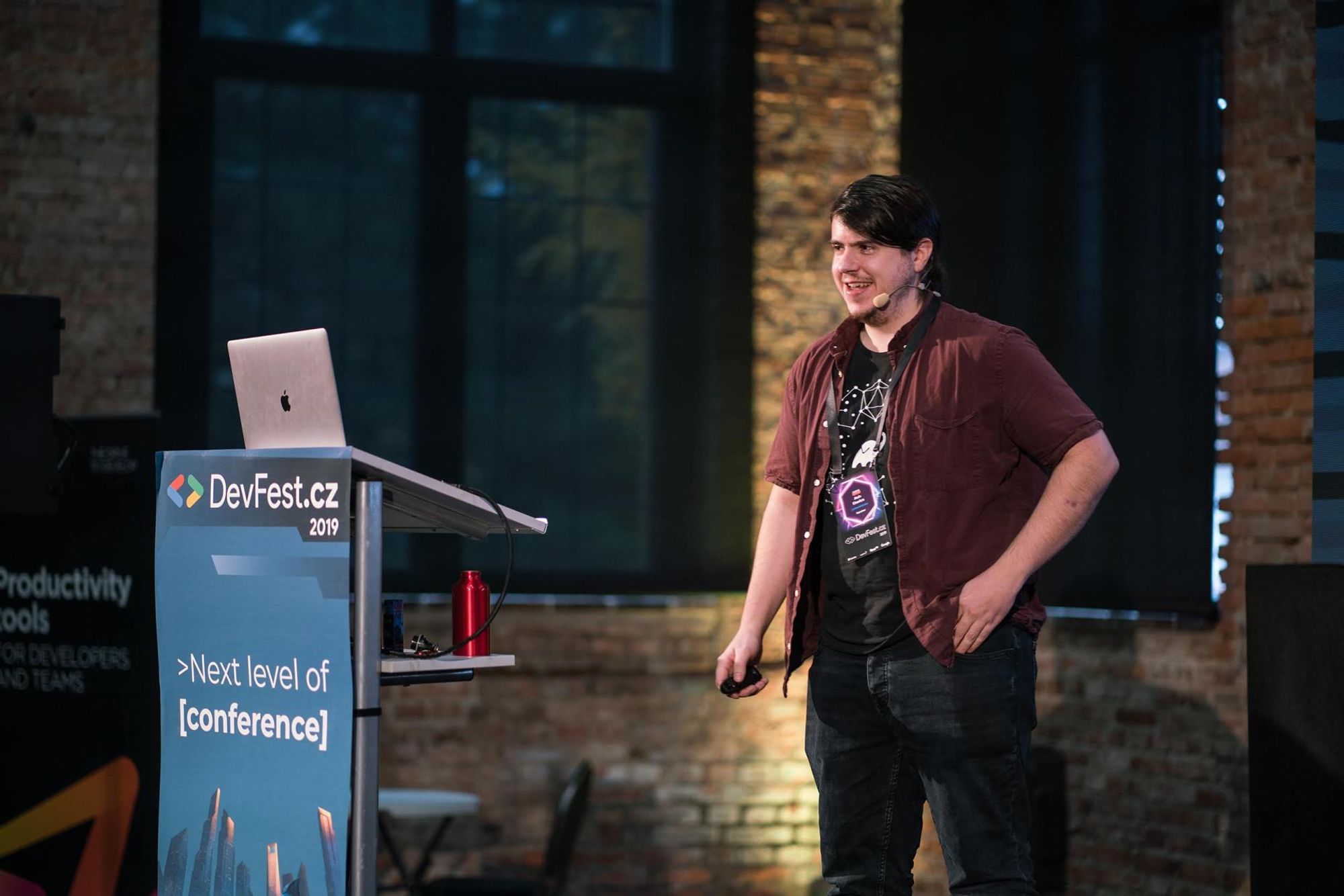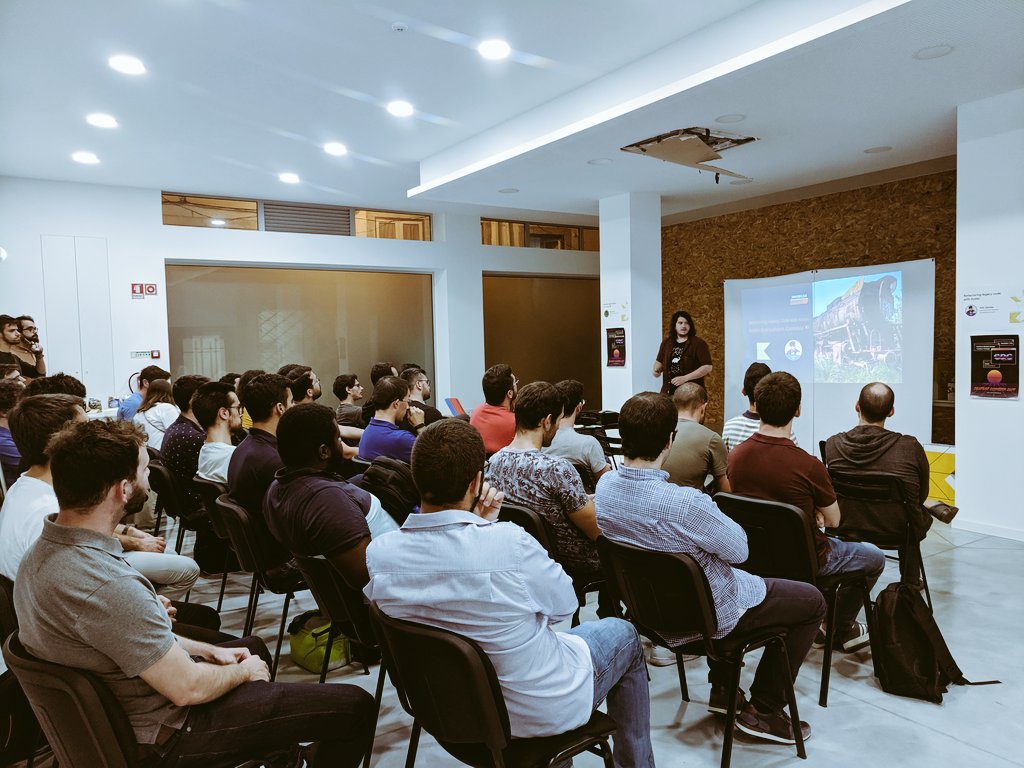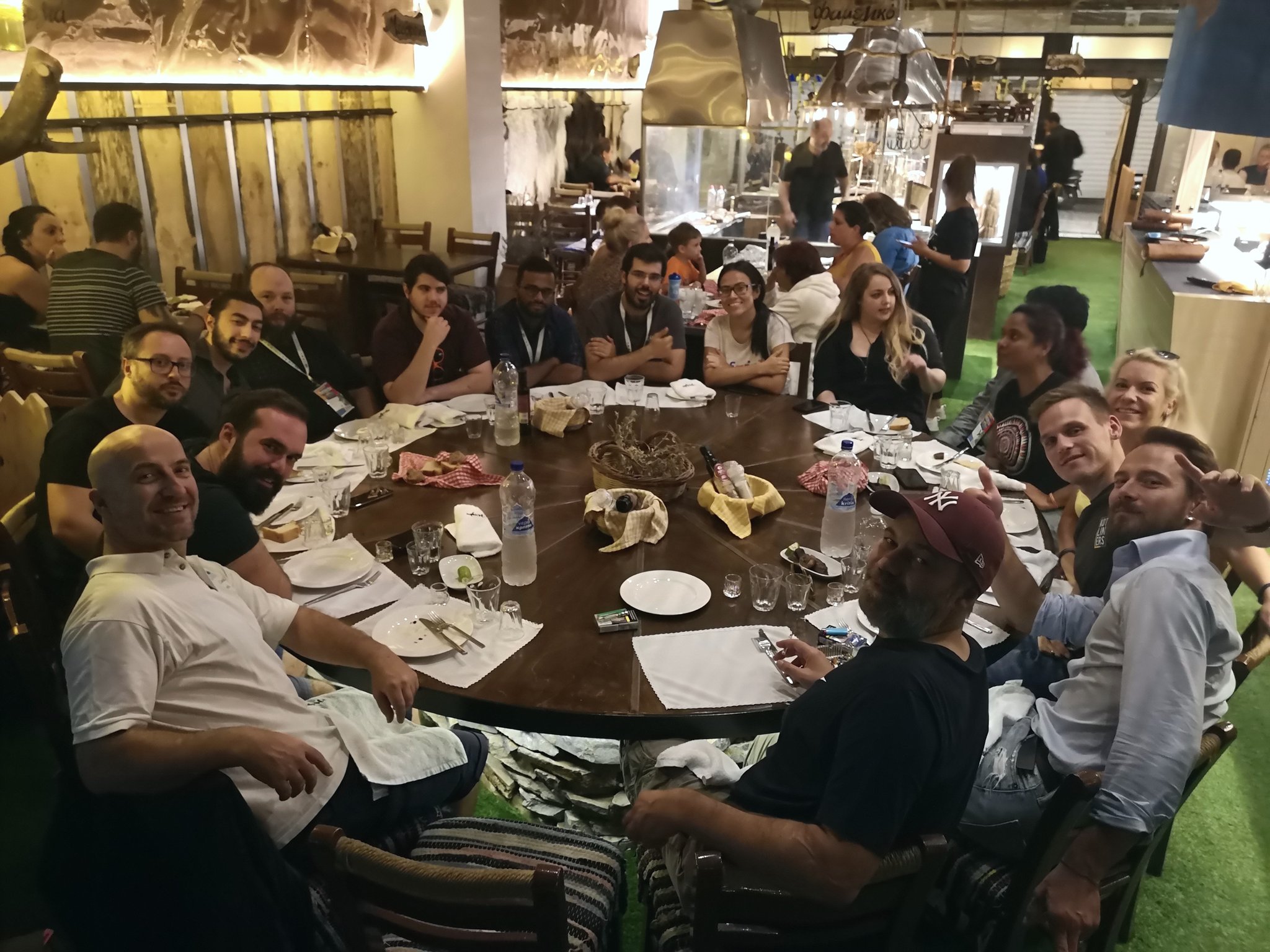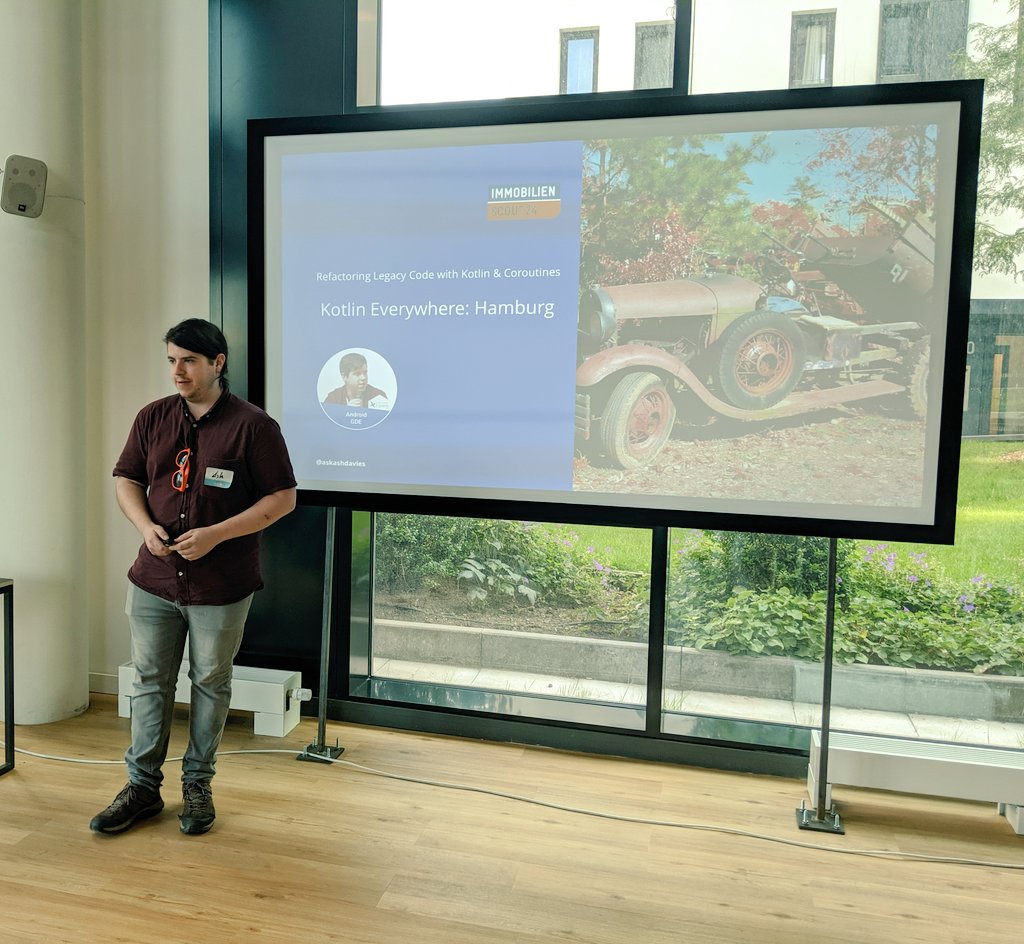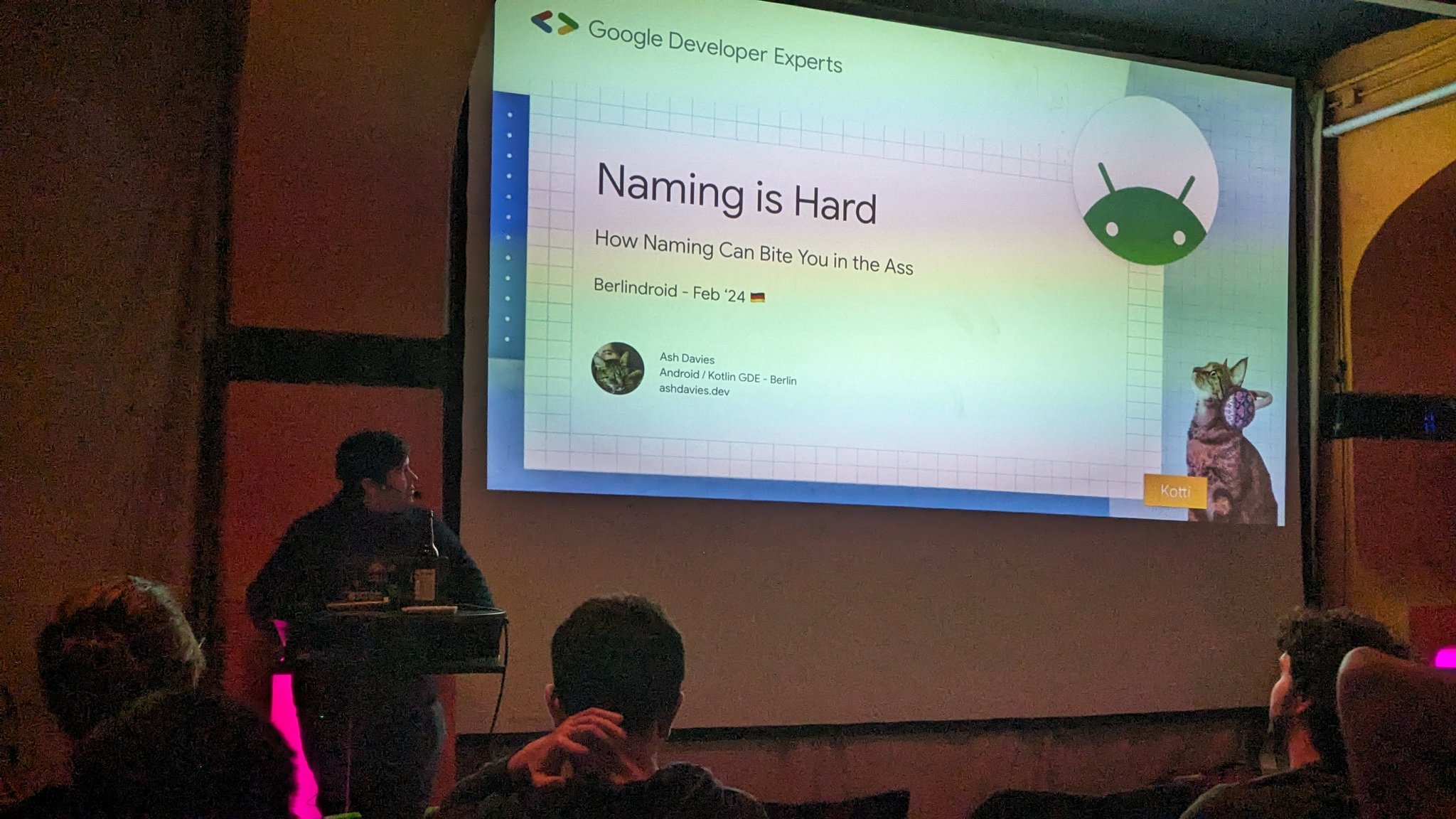
Naming is Hard: How Naming Can Bite You in the Ass
Naming is hard, it’s no unfamiliar thing to software engineers that describing our software can sometimes be just as hard as writing it in the first place. But did you know that the names we give our well-intentioned ideas can come back to haunt us? It would turn out that naming is not just hard, but it has implications! Gradle will often not actually report when names collide! Which means you might end up with unexpected class resolutions! Which leads us down the rabbit hole of, how does Java resolve classes in the first place?! ...
